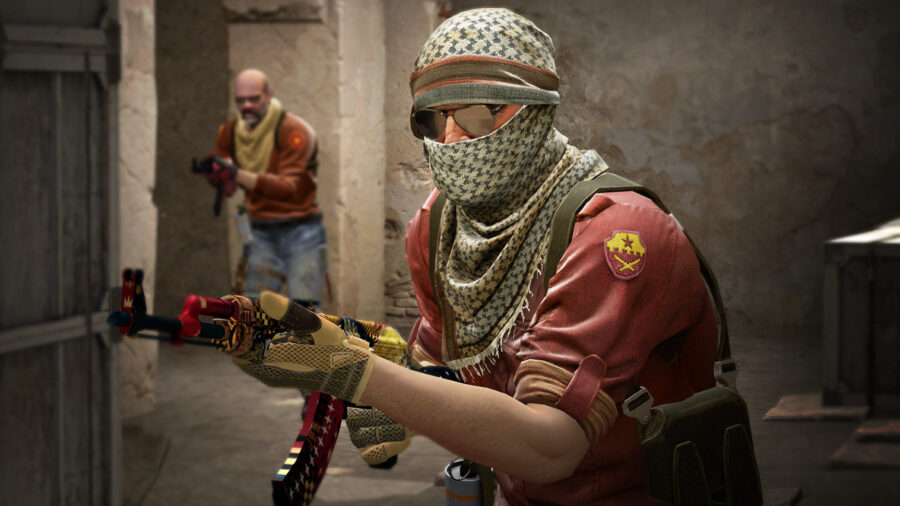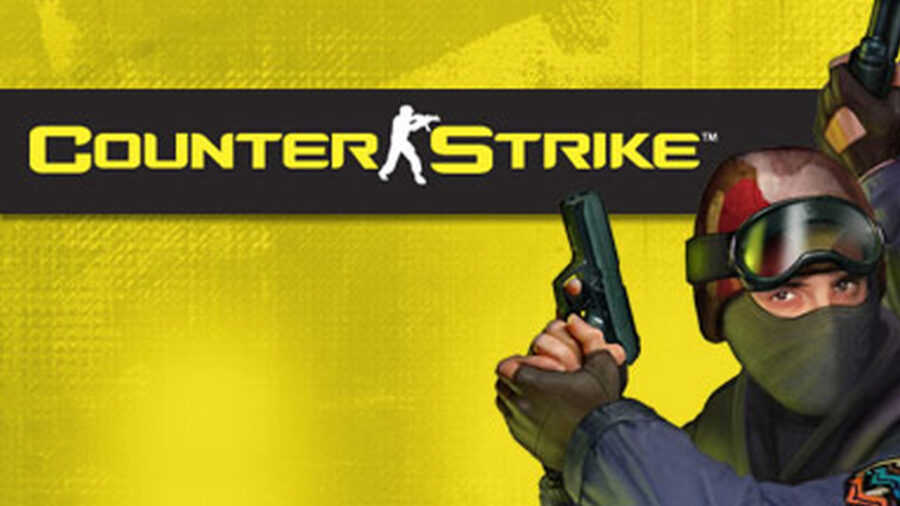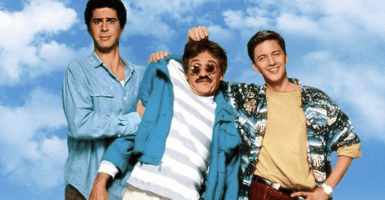Counter-Strike Is Being Investigated By The FBI
Counter-Strike is finding itself at the center of an FBI investigation.
This article is more than 2 years old

Counter-Strike: Global Offensive is esports’s latest casualty when it comes to illegal activity, with players joining tournaments only to bet huge sums against themselves in matches they’re involved in, hoping to secure more moolah that way. In the U.S., the situation has escalated to a point the FBI had to step in.
Counter-Strike isn’t the first to fall victim to these practices. Esports revolutionized competitive play in a largely dramatic fashion when it was first introduced in the 80s. It combined the raw physicality of classic athleticism with the more cerebral provisions of computer gaming, giving rise to an entirely fresh category of sportsmen that focuses less on might and more on strategy. Gaming generally operates on an unspoken set of rules regarding sportsmanship, and cheating is rare. Hence, it’s the last thing in the world you’d think would require law enforcement. And yet match fixing, doping, and illegal betting are beginning to take over, sullying the experience entirely. It’s an unattractive blight on an otherwise fun and enjoyable group activity.
It started as innocent and mildly annoying at first. Hackers populating Counter-Strike servers to establish more wins and level up quicker. MODs dramatically changing any game’s rules of engagement. Since money isn’t involved, it’s basically doping — a.k.a. cheating by hacking — with fewer stakes involved. The first known instance of match fixing and illegal betting happened in Australia only last year. Players involved in Counter-Strike tournaments were discovered arranging fixed matches in a concentrated effort to conceal doping and instances of illegal betting, thereby accurately manipulating outcomes. The Esports Integrity Commission (ESIC) severely penalized players and coaches alike and managed to hand out a total of 35 bans. Some of these will run a good 12 months, while worse charges can last as long as 4 years.

While Counter-Strike match fixing, doping, and illegal betting are just about the same everywhere, the legalities differ per country. In Australia, match fixing is a criminal offense, so the ESIC had no problems getting Victorian police involved. In contrast, esports regulation isn’t considered legally binding in the U.S. because “legal” esports betting is hardly mainstream, and there’s nothing to violate if neither fixing nor betting is generally regarded as a legal matter. Players are still laying bets across the United States with reckless abandon, but regulators’ hands remain tied until betting itself becomes legal. And with each state operating under their own set of laws, licensing included, prosecuting match fixing and betting on a federal level is practically improbable. The Australian government is more centralized, allowing the ESIC to take swift and drastic action against any and all offenders. Despite the handicaps presented, however, the FBI already managed to stay involved.
In a 30-minute YouTube interview with user slash32, ESIC commissioner Ian Smith discussed the specifics of the ongoing Counter-Strike investigation. “[It’s] what I would describe as classic match fixing,” Smith explains, “players being bribed by outside betting syndicates in order to fix matches, rather than players just doing it off their own bat opportunistically, and it’s being going on for longer, it’s much more organised. So again, to some extent we’re working with law enforcement and the FBI, who only recently have had a sports betting investigative unit within the FBI. They’re good, but they’re inexperienced, because sports betting has never been a big thing in America until recently, so everybody’s kind of finding their feet on that one.”
Unfortunately, gambling is largely historical. Humanity will always find a way to include money in its various endeavors, whether they involve slot machines, boxing matches, roulette tables, roosters, or hapless pitbulls. Sports events and casinos have attempted to legalize gambling in the hopes of curbing excess and any resulting criminal activity, but air pockets still abound. Video games have spent the last 50 years relatively unaffected, but online play, social media, and in-game matching are rapidly changing that. Esports represents a new dawn in the age of computer gaming, where exposure and capitalism prevail at the cost of sportsmanship and basic integrity.












